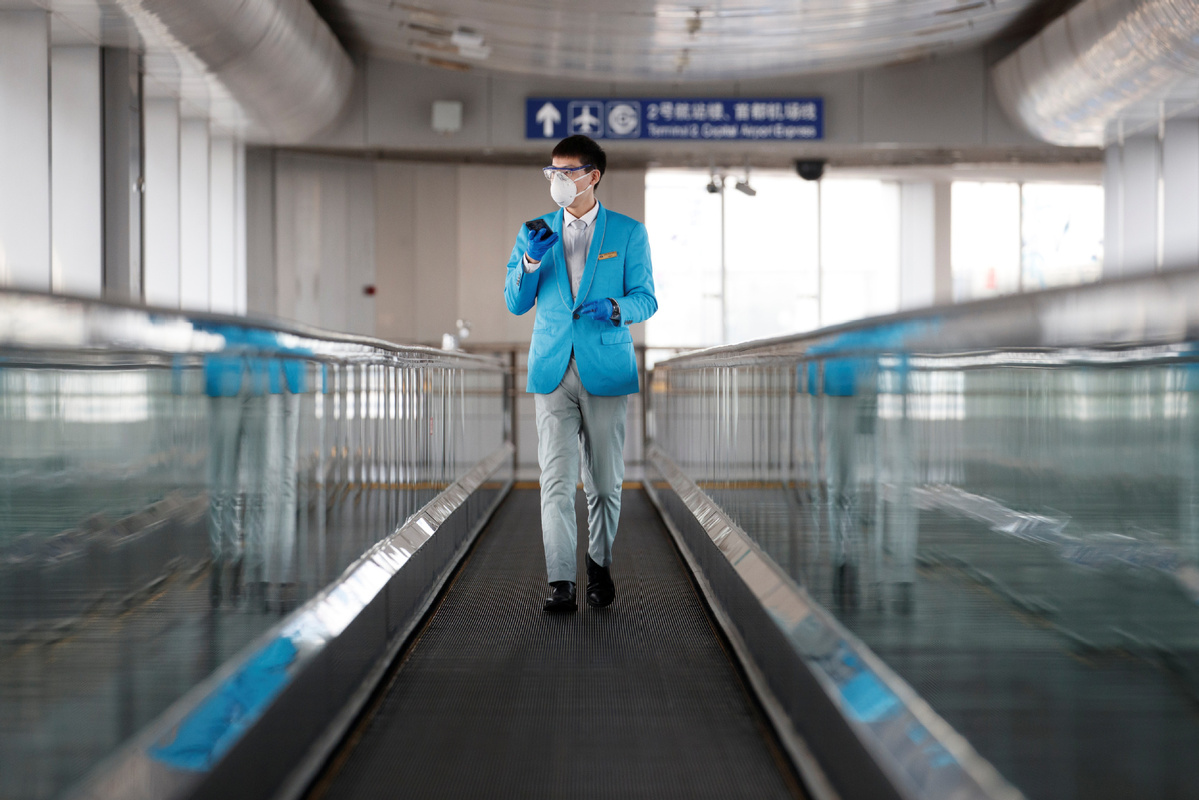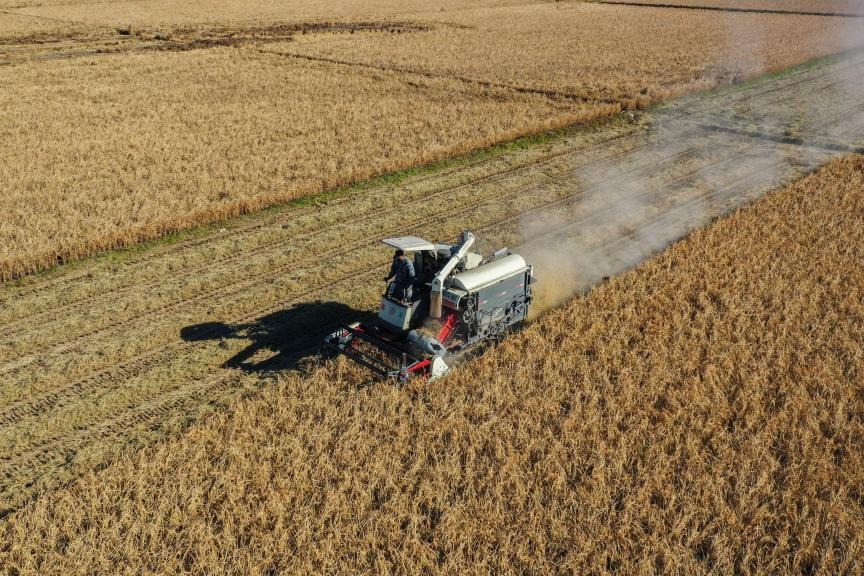Imperative to rein in imported infections: China Daily editorial


As Chinese people, many of them students, return home from countries where the novel coronavirus has gained a foothold, there has been a sharp increase in the number of imported infections.
This has raised fears of a second wave of virus transmission in Chinese cities and provinces - where the epidemic has now been brought under control - caused by imported cases.
The National Health Commission reported 78 new novel coronavirus infections nationwide on Tuesday, of which 74 were "imported" ones. Beijing reported the most, 31, followed by Guangdong province with 14 and Shanghai with nine.
Of the four local infections, one was diagnosed in Wuhan, capital of Hubei province, which has borne the brunt of the epidemic in China. One was a person from Hubei who tested positive for the virus in Guangdong province. The other two were linked to confirmed imported cases.
Given that most of the new local infections have been linked to imported cases, controlling imported infections is essential. Which is why Beijing and other major cities are now tightening their quarantine rules for individuals arriving from overseas.
But as well as maintaining vigilance at the points of entry from overseas, many cities are strengthening their monitoring of new arrivals from within the country. The local authorities in Beijing said on Tuesday that anyone who entered China through a different city and then arrived in the capital within the last two weeks would also be tested for the virus and quarantined.
Such moves are especially important now that one place after another in China is reporting "zero growth" in local infections, and the focus of local governments is shifting from localized control and prevention measures to resuming work and production.
As fears of a pandemic-induced global recession are looming large, the importance of restarting economic activities cannot be overstated. China's hard-hit economy can't afford to hibernate for a prolonged and indefinite period.
Although we need to prevent a feared second round of infections from occurring, that cannot be an excuse for any more delays in getting the economy back on its feet again.
But this also makes it crucial for governments at all levels to be completely up-front about the situation on the ground.
False claims of zero new infections will only backfire, sooner or later.
With the present vigilance major ports of entry such as Beijing are displaying and the stringent precautions that are being taken, the imported infections can be controlled. However, ensuring there is no second wave of infections means that as well as the country maintaining its guard, there must be no hiding the news if things take a turn for the worse.
Only by knowing the true picture and acting accordingly, can the country safeguard the upper hand it has gained over the virus.


































